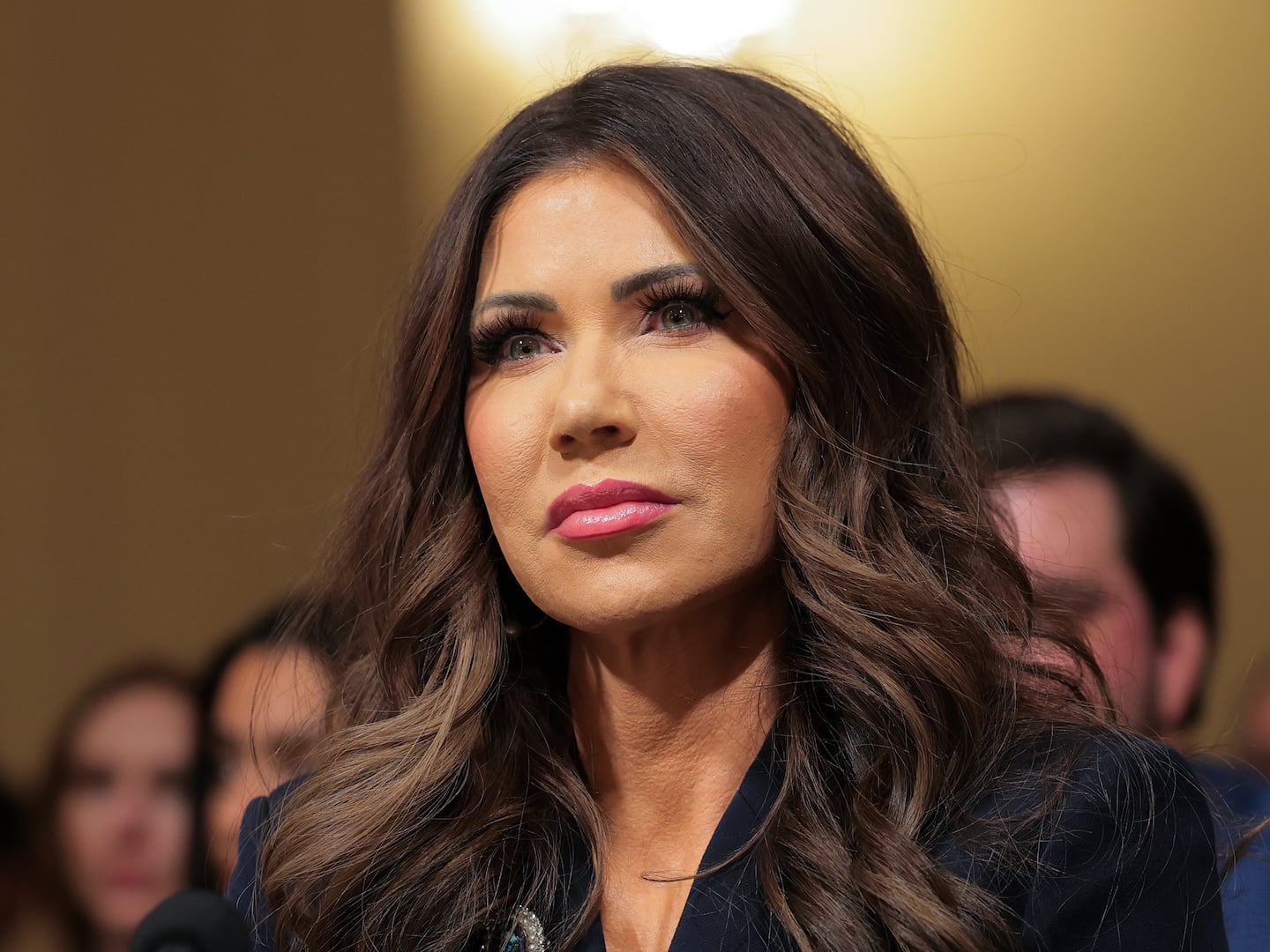As part of a 23-person federal complaint against the New York Ivy, one queer trans* student claims the school devalued their experience because it “didn’t fit the normative ‘boy-rapes-girl’ narrative.”

Twenty-three Columbia and Barnard students filed complaints against the university with the federal Department of Education last Thursday, alleging violations of Title IX, Title II, and the Clery Act. They allege that the school has repeatedly mishandled cases of rape and sexual violence and failed to give rape survivors the academic accommodations they need.
“Columbia is more willing to silence and punish survivors and their supporters than serial rapists,” the complainants claim in a press release to the Columbia student body. The complaint lists violations that include discouraging rape survivors from reporting their assaults, allowing rapists to stay on campus even after they’ve been found guilty by the school’s adjudication process, and failing to report sexual assault statistics, which is required under the Clery Act.
On Thursday, Columbia issued a statement regarding the complaint, saying that administrators have not seen the document but that the school is “committed to protecting the health, safety and wellbeing” of its students. The statement also claimed that the school has “already taken the first of a series of significant new measures dedicated to preventing such sexual misconduct, supporting survivors, and improving adjudication of these painful cases.” A university spokesperson declined to comment on the specific complaints about LGBTQ discrimination and referred The Daily Beast back to the general statement quoted above.
But one student, who is queer and trans*, alleges that the university lacks administrators who have the ability and training to treat LGBTQ students sensitively.
“There were specific difficulties relating to my trans-ness after my rape that led to very serious mental health issues,” the anonymous student, who prefers they/them/their pronouns, told The Daily Beast. “But when I needed academic accommodations there was fairly open hostility from my adviser, with the insinuation that because my situation wasn’t what she was used to hearing, it wasn’t worth any accommodations.”
In addition, the student says, Columbia’s Counseling and Psychological Services was also unequipped to deal with their trans* status and dismissive of their sexual assault because it didn’t fit the familiar scenario of “young conventionally attractive cishet women being raped by cishet men.” (Note: Cishet is shorthand for cisgender and heterosexual.)
Zoe Ridolfi-Starr, a Columbia junior and the lead complainant on the document, says that the student’s experience isn’t an isolated case.
“Literally every office that deals with survivors, from the deans themselves to Health Services to advising, every single office is complicit in the discrimination against trans* and queer survivors,” Ridolfi-Starr told The Daily Beast. “We see consistent misgendering, wrong use of pronouns even after multiple corrections. We see complete lack of knowledge about the specific dynamics of sexual violence in the queer community, even from people who really should be trained in those issues. Students are being discriminated against at two levels, and it makes them even more vulnerable, isolated, and stigmatized.”
The university did agree to a series of changes to its sexual assault policies after a student reporter, Anna Bahr, broke the story of three women who were allegedly assaulted by the same student and who said they faced repeated stonewalling by the administration when trying to press charges against him. The story gained national media coverage, which led to a flurry of student activism and a statement from the university’s president, Lee Bollinger.
In response, the school agreed to release aggregated, anonymous data on sexual assault; redesign Columbia’s health services Web site so that resources for rape survivors were more prominent; and to hold town hall meetings where students could air their concerns.
While two town hall meetings have in fact taken place in recent months, some student activists feel that such steps have allowed the school’s administration to pay lip service to the ideas of communication and transparency while making no real changes.
“There’s a disconnect between what administrators are publicly saying and what their actions demonstrate,” Ridolfi-Starr said. “We hear administrators speaking again and again about communication and feedback and involving students. You know, ‘We are listening, we want your feedback, let’s communicate.’ We hear that kind of language very frequently. And then in practice, we see that administrators are refusing to meet with any students except the ones they have established relationships with, which effectively silences many survivors.”
“We see them accepting those criticisms in the town hall, and then saying, ‘I hear what you’re saying,’ and then that’s supposed to be the end of the conversation,” she added.
Now that the complaint has been submitted, it is under review by the Department of Education’s Office of Civil Rights. If the Department of Education determines that the students have grounds for complaint, it may place Columbia under investigation, a process that often ends with a school changing its policies and procedures, according to The New York Times. Successful complaints can be costly for schools—last year, the Department of Education fined Yale $165,000 for failing to disclose several sexual assaults.
Such complaints have become increasingly common in the last few years, as college students and activists at a variety of institutions—from Occidental to UNC to Yale—began sharing resources and going public with their experiences. There has also been increased pressure on colleges from a new White House task force on sexual violence, which on Monday released a report proposing new guidelines for schools to report and combat sexual assault.
As things stand, assault survivors at Columbia often find themselves too wary and disheartened about the school’s policies to report their experiences at all. Ridolfi-Starr says that, after watching two friends have traumatic experiences with the school’s adjudication process, she didn’t report her assault to the university. And the anonymous queer trans* student said that the critical media coverage of the school fed into their decision not to come forward immediately.
“[Anna Bahr’s] article had three very normative rape stories, and the fact that those women had tried to go to the university with their very normative rape stories, and had such painful experiences, factored into my decision for a very long time not to go to the university,” the student said. “I felt that, if they’re treating these three cishet women who have such normative rape stories so poorly, what are they going to do with a queer trans* survivor? What chance would my case have?”






